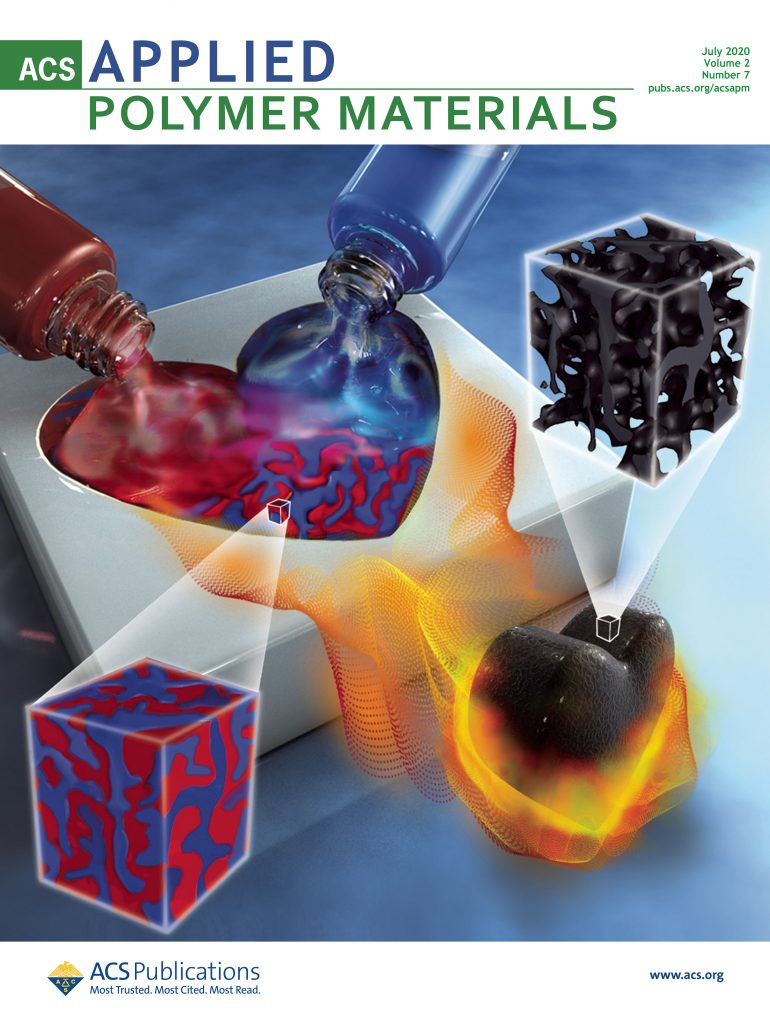粮食-能源-水关系中值得信赖和负责任的资源管理决策框架:控制论方法
IF 4.4
2区 化学
Q2 MATERIALS SCIENCE, MULTIDISCIPLINARY
引用次数: 0
摘要
本文介绍了一个可信和负责任的自然资源管理混合框架,旨在建立自下而上的信任,以加强粮食、能源和水资源部门决策者之间的合作。由于这些部门对环境和受影响社区的经济生产力有重大影响,因此合作对于在社区采纳和应用资源管理替代方案(解决方案)(包括由基于人工智能的推荐系统生成的方案)至关重要。虽然算法可以推荐解决方案,但有效沟通并让社区接受这些解决方案至关重要。我们的研究通过强调人类与机器之间的合作而脱颖而出,这对于应对与气候变化相关的更广泛挑战以及在自然资源管理中对专家权衡处理的需求至关重要。为了支持未来的决策,我们根据以往的决策和行动者行为提出了一个成功的控制理论模型。我们利用控制论描绘了在一个迭代和互动的决策支持环境中,个人对灌溉水权和农作物操作建议解决方案的信任和接受程度如何影响社区决策。该模型与利益相关者互动,收集他们对解决方案可接受性的反馈,同时还研究了共识水平、信任敏感度和决策轮数对建议解决方案接受度的影响。此外,我们还研究了多重决策系统,并探讨了学习参与者根据解决方案接受度和决策轮数调整其信任敏感度的影响。此外,我们的方法还可用于评估和完善潜在的政策修改。虽然我们使用个人的假设行动来评估潜在结果,但必须强调我们的主要目标是开发一种能准确捕捉人类真实行为的工具,并促进社区决策中的协作。最终,我们的目标是加强基于人工智能的推荐系统与人类价值观之间的和谐,促进两者之间更深入的理解和融合。本文章由计算机程序翻译,如有差异,请以英文原文为准。
A Trustworthy and Responsible Decision-Making Framework for Resource Management in Food-Energy-Water Nexus: A Control-Theoretical Approach
This paper introduces a hybrid framework for trustworthy and responsible natural resource management, aimed at building bottom-up trust to enhance cooperation among decision makers in the Food, Energy, and Water sectors. Cooperation is highly critical for the adoption and application of resource management alternatives (solutions), including those generated by AI-based recommender systems, in communities due to significant impact of these sectors on the environment and the economic productivity of affected communities. While algorithms can recommend solutions, effectively communicating and gaining community acceptance of these solutions is crucial. Our research stands out by emphasizing the collaboration between humans and machines, which is essential for addressing broader challenges related to climate change and the need for expert trade-off handling in the management of natural resources. To support future decision-making, we propose a successful control-theory model based on previous decision-making and actor behavior. We utilize control theory to depict how community decisions can be affected by how much individuals trust and accept proposed solutions on irrigation water rights and crop operations in an iterative and interactive decision support environment. This model interacts with stakeholders to collect their feedback on the acceptability of solutions, while also examining the influence of consensus levels, trust sensitivities, and the number of decision-making rounds on the acceptance of proposed solutions. Furthermore, we investigate a system of multiple decision-making and explore the impact of learning actors who adjust their trust sensitivities based on solution acceptance and the number of decision-making rounds. Additionally, our approach can be employed to evaluate and refine potential policy modifications. Although we assess potential outcomes using hypothetical actions by individuals, it is essential to emphasize our primary objective of developing a tool that accurately captures real human behavior and fosters improved collaboration in community decision-making. Ultimately, our aim is to enhance the harmony between AI-based recommender systems and human values, promoting a deeper understanding and integration between the two.
求助全文
通过发布文献求助,成功后即可免费获取论文全文。
去求助
来源期刊

ACS Applied Polymer Materials
Multiple-
CiteScore
7.20
自引率
6.00%
发文量
810
期刊介绍:
ACS Applied Polymer Materials is an interdisciplinary journal publishing original research covering all aspects of engineering, chemistry, physics, and biology relevant to applications of polymers.
The journal is devoted to reports of new and original experimental and theoretical research of an applied nature that integrates fundamental knowledge in the areas of materials, engineering, physics, bioscience, polymer science and chemistry into important polymer applications. The journal is specifically interested in work that addresses relationships among structure, processing, morphology, chemistry, properties, and function as well as work that provide insights into mechanisms critical to the performance of the polymer for applications.
 求助内容:
求助内容: 应助结果提醒方式:
应助结果提醒方式:


